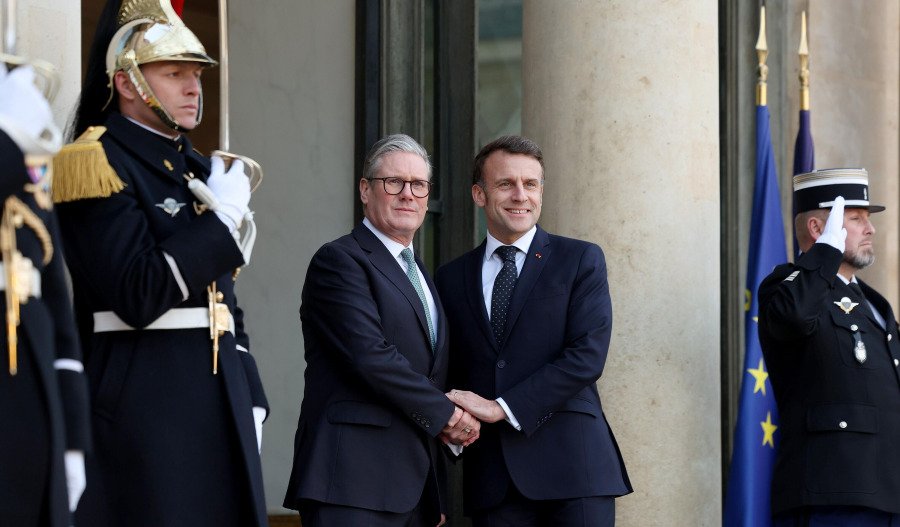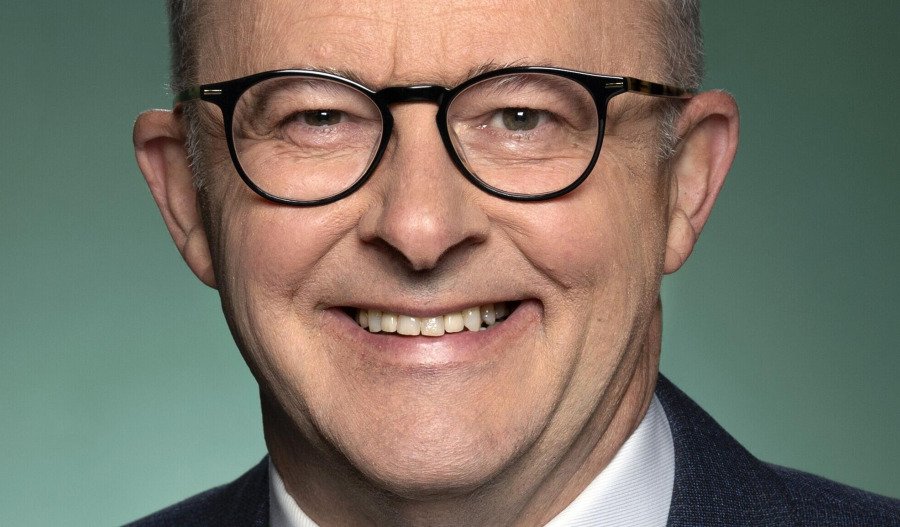While votes continue to be counted across Germany, exit polls suggest Germany’s opposition conservative Christian Democratic Union of Germany (CDU)/Christian Social Union (CSU) bloc is ahead in the national election, which means the CDU party’s centre-right leader Friedrich Merz, a pro-NATO economic liberal, is set to become the country's next chancellor.
Having won one only 28.7% of the vote in the Sunday election - its second worst post-war result - the bloc will require the support of other parties if it is to form a government.
Chancellor Olaf Scholz's Social Democrats (SPD) also experienced their worst election result since World War Two, with 16.4% of the vote share, according to the ZDF projection, while the Greens were on 12.3% and the far left Die Linke party on 8.9% of the vote.
It remains unclear whether Merz will need one or two partners to form a majority.
While the CDU is heading into what are expected to be lengthy coalition talks without a strong negotiating hand it has already have ruled out – as have all other parties - working with the AfD which came in second with 19.8%, its best ever election result.
It’s understood that the 12-year-old AfD has capitalised on growing negative attitudes across Germany towards migration, which represent a stark shift in German public sentiment since its "Refugees Welcome" culture during Europe's migrant crisis in 2015.
The AfD is also said to have benefitted from German pessimism about their living standards, now at its lowest ebb since the financial crisis in 2008.
"This is a historic result for us," AfD co-leader Alice Weidel said as party supporters waved German flags in celebration.
"We are open to coalition negotiations ... otherwise there will be no change in policy possible in Germany."
Incoming chancellor Merz, who has no previous government experience has vowed to form a government that represents the whole country, liaises more with key allies and restores Germany to the heart of Europe.
Merz has also conditionally supported equipping Ukraine with long-range Taurus missiles and sees Europe as firmly anchored in NATO.
"Tonight we will celebrate, and from tomorrow we start working. … The world out there is not waiting for us," the 69-year-old told supporters.
With the election campaign having been shaken by a series of violent attacks, and sharp divisions over migration and how to deal with the AfD, coalition negotiations are expected to be tenuous.
The 59 million German citizens eligible to vote in the snap election are now facing a government with a significantly greater shift to the right compared with former conservative Chancellor Angela Merkel who led Germany for 16 years.
Historically, far-right politics in Germany has carried a strong stigma synonymous with the country’s Nazi past.
Meanwhile, assuming coalition talks drag on in the CDU/CSU's search to form a coalition government, current chancellor Olaf Scholz could be left in a caretaker role for some months.
This could lead to lengthy delays in the formation of urgent policies needed to revive Europe's largest economy after two consecutive years of contraction.
It would also create a leadership vacuum in the heart of Europe even as it deals with a host of challenges including US President Donald Trump threatening a trade war and attempting to fast-track a ceasefire deal for Ukraine without European involvement.



